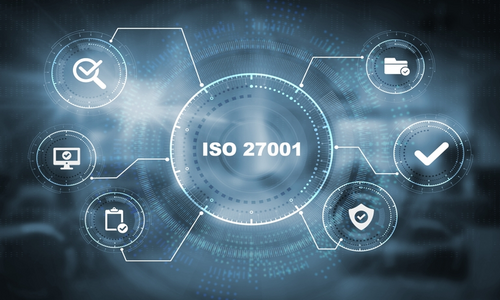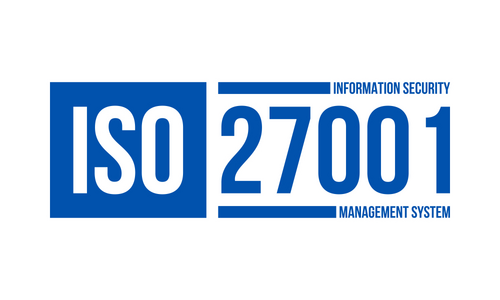The International Organization of Standardisation is a non-governmental body that publishes international standards. The organization has been in existence since 1947 and is comprised of 166 members. Currently, there are over 24000 standards published by ISO in the technology and manufacturing sector. The members of the organization are called upon to volunteer and share their insights on developing new standards. Each of these standards is crafted to promote innovation and solutions. One such standard belonging to ISO 9000 family has recently gained popularity in the manufacturing sector. The ISO 9001 Standard was formulated to instill quality benchmarks while manufacturing products and services.

Jump ahead to
What does ISO 9001 mean?
ISO 9001 is an internationally recognized standard for Quality Management System (QMS). The standard is designed to provide a framework for organizations to satisfy stakeholders consistently. In addition, the framework specifies a set of procedures and principles that can be applied to the structure of the organization.
On implementing ISO 9001 requirements, an organization is deemed to provide effective products or services as per customer needs. This further helps in building the trust of customers as the products or services meet the expected quality standards. The ISO 9001 Certification stays valid for a period of 3 years. Thereafter organizations are required to conduct different ISO audits and renew the certification.
When was ISO 9001 released?
The ISO 9001 was first launched in 1987 by the International Organization For Standardization. The main objective of ISO was to extend the reach of quality management internationally. The standard has been every 5-8 years since it was first published by the ISO. The current version of the ISO 9001 standard was released in 2015. Belonging to the ISO 9000 families, ISO 9001:2015 specifies the QMS requirements that must be met by every organization.
What is Quality Management System?
A Quality Management System comprises of the procedures and principles involved in accomplishing quality products and services. A QMS can be instilled within an organization based on its size and industry. Business activities are aligned as per the QMS to meet the regulatory and customer requirements. This further enhances the efficiency and effectiveness of business operations.
What are the requirements of the Quality Management System?
Every organization designs its own set of requirements based on its operations. However, there are a few common requirements that every organization addresses to comply with the standard. They are as follows:
- Context of the organization
- Leadership and commitment
- Planning for QMS
- Support the QMS
- Operations of QMS
- Evaluation of the QMS performance
- Improvement of QMS
How does ISO 9001 benefit the organization?
Organizations reap the benefits of earning the ISO 9001 Certification to a great extent. Besides, increasing the quality of the products and services manufactured, the reputation of the organization is increased. Also, organizations certified with ISO 9001 have a competitive advantage over other businesses in the industry. Let us have a look at a few of these benefits.
Enhanced productivity:
Administering the quality management system with the organizational structure has increased the efficiency of operations. Employees design and implement processes that help in identifying faults at an early stage. This further assists in reducing the deviations in the processes.
Establish quality processes:
Defining the quality control processes plays a crucial role in achieving the quality goals. These processes are familiarised to every employee of the organization. Employees are in turn motivated to carry out such effective processes. With QMS, a separate set of performance metrics can be set to evaluate the processes.
Decrease in overall cost:
Instilling quality processes within the organizational structure further helps in reducing the cost of unnecessary processes. In addition, effective processes help in decreasing the wastages formed while manufacturing products. With ISO 9001 standard, several organizations have been able to take appropriate measures for reducing wastages.
Improved customer service:
Organizations implementing ISO 9001, strive to provide a better customer experience in terms of quality. Most businesses often modify their processes as per the expectations of customers. Through the Quality Management System alone, several organizations were able to deliver better quality products and services.
Boosts the confidence levels:
Organizations certified with ISO 9001 showcase their ability to manufacture quality products and services. This in turn increases their confidence to stay consistent and expand their reach to international markets. As the ISO 9001 certification is recognized internationally, businesses can easily tap foreign markets with their products and services.
Conclusion
According to the ISO, there were over 1 million ISO 9001 certificates issued to businesses operating from various countries. besides, organizations even individuals can be ISO 9001 certified. Businesses that acquire the certification look for certified ISO 9001 professionals. ISO 9001 Lead Auditor certification holders play a vital role in conducting audits of the QMS instilled within the organization. Conducting frequent audits of the QMS is necessary to stay up to date with the requirements specified in the standard.



